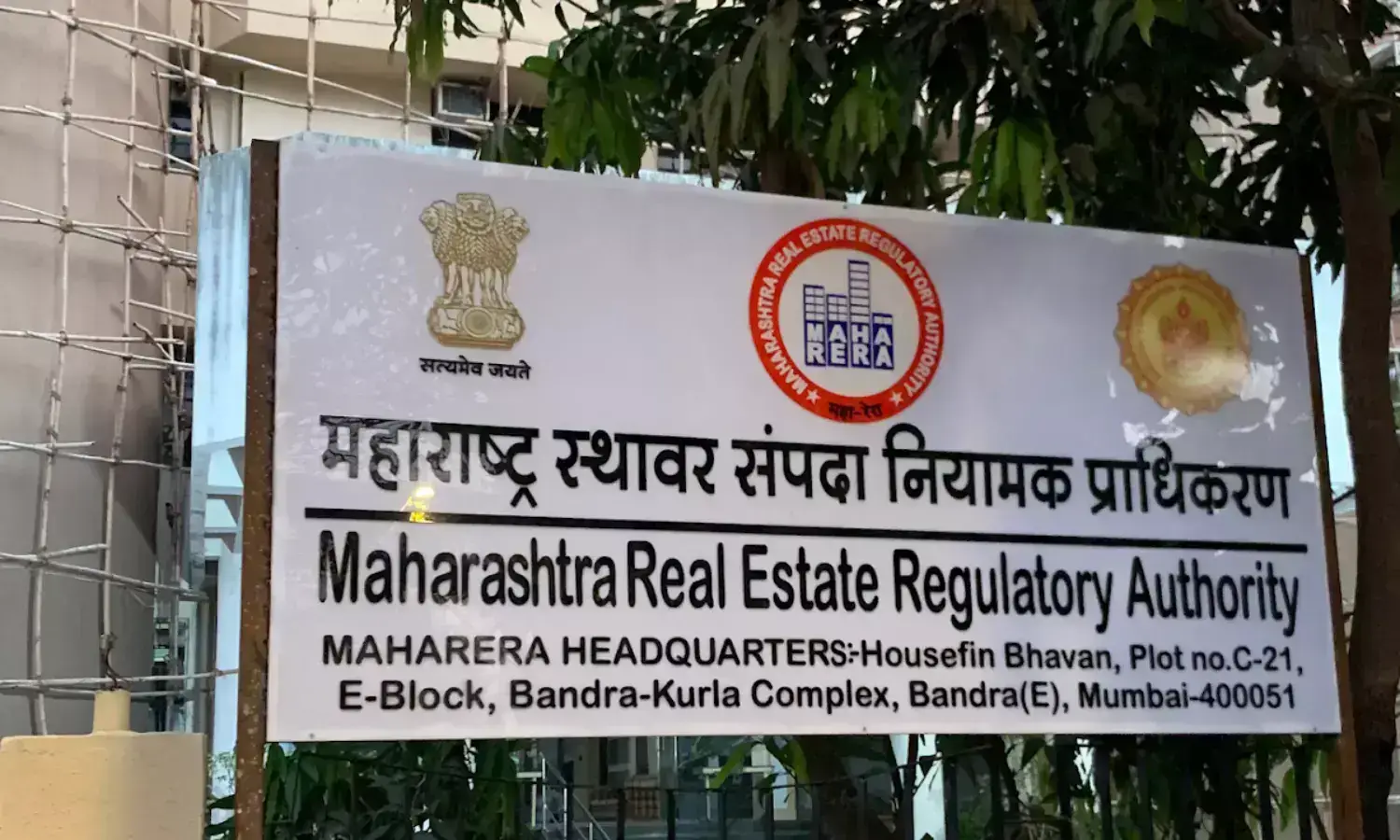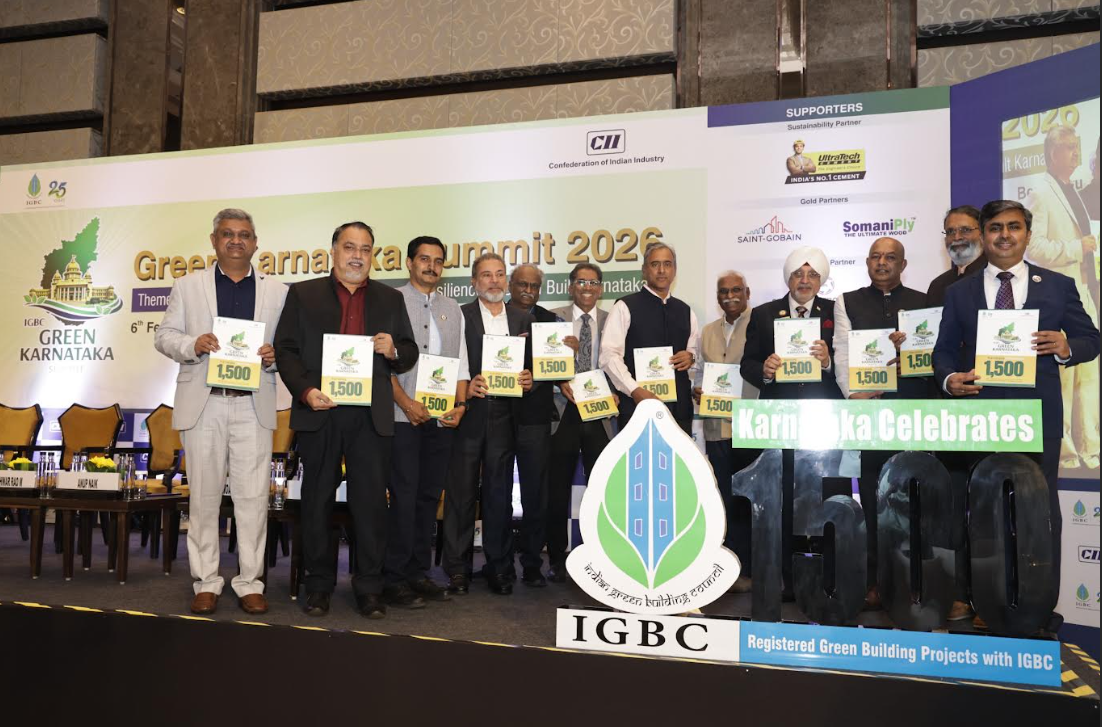The Forum for People's Collective Efforts (FPCE), a homebuyers' association, has urged the Consumer Affairs Ministry to develop specific guidelines for the Indian real estate sector under the Consumer Protection Act of 2019. These guidelines aim to curb the widespread malpractices by developers and protect homebuyers' interests.
Mr. Abhay Upadhyay, President of FPCE, addressed a letter to Consumer Affairs Secretary Nidhi Khare, emphasizing the need for sector-specific regulations. Mr. Upadhyay highlighted the real estate sector's prominent role in consumer forums, with around 10 percent of the complaints registered in these forums coming from aggrieved homebuyers. This statistic underscores the magnitude of consumer grievances in the sector, with over 50,000 complaints pending as of July 31, 2024.
A significant concern for homebuyers is misleading advertising by developers. Mr. Upadhyay pointed out that many advertisements showcase pictorial representations of real estate projects that often bear little resemblance to the final product. Additionally, developers frequently promise a range of amenities and facilities, which are often missing when buyers take possession of their properties.
Project delays are another persistent issue. Developers regularly fail to meet their advertised project completion deadlines, leaving homebuyers in limbo. Mr. Upadhyay stressed the need for stronger regulations to address these delays, as they significantly impact the financial and personal lives of homebuyers.
The FPCE also called attention to the unfair contractual practices rampant in the real estate sector. Typically, homebuyers are required to pay a booking amount—often as much as 10 percent of the total consideration—without knowing the complete terms of the contract they will be asked to sign later. To rectify this, Mr. Upadhyay proposed that buyers be provided with a draft agreement at the time of booking. This would allow them to understand the terms of the sale before making such a significant financial commitment.
Moreover, the association raised concerns about the lack of exit clauses in real estate contracts. In most cases, if a homebuyer cancels their booking, the developer forfeits the entire booking amount. Mr. Upadhyay proposed the inclusion of an exit clause, ensuring that homebuyers who cancel their bookings within three months receive a full refund within 15 days. For cancellations made after three months, the homebuyer should be entitled to a refund with interest, payable within one month.
Another troubling issue is the incomplete status of common areas and amenities at the time of possession. Developers often demand the full consideration for a property even though common areas, such as lobbies, gyms, and swimming pools, are not yet completed. Mr. Upadhyay argued that homebuyers should not be required to pay more than 80 percent of the total amount until all common areas and amenities are fully completed and handed over to the residents' welfare associations.
Mr. Upadhyay also highlighted the unfair practice of developers charging extra for an increased flat area, even though such increases are typically neither requested nor agreed upon by the homebuyer. He proposed that if a flat's area is found to be smaller than promised, the buyer should pay less, but no extra charges should be levied for any increase in area.
While FPCE acknowledged that the Real Estate (Regulation and Development) Act (RERA) has been a positive step forward, Mr. Upadhyay expressed disappointment that, in its seven years of full operation, RERA has not achieved its intended goals. The stakes for consumers in the real estate sector are significantly higher than in most other sectors, and Mr. Upadhyay urged the ministry to take additional measures to protect homebuyers.
The association concluded by requesting a meeting with the Consumer Affairs Ministry to discuss these issues further and present real-life examples from the sector. The letter to the ministry highlights the urgent need for regulatory reforms to safeguard homebuyers' interests and eliminate the exploitative practices prevalent in the real estate sector.
Image source- fpce.in









.png)